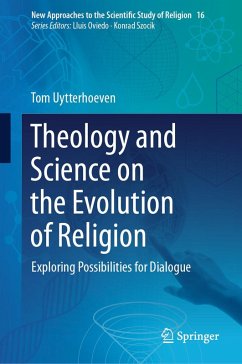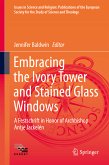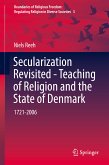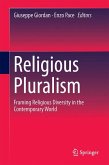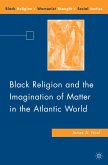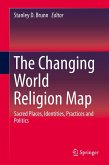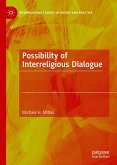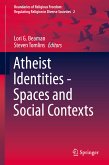This book studies the much-debated implications of sociobiology for religion. It explores the answers to questions such as: Is religion merely the result of natural selection? Do religious ideas literally make up people's minds, determining how they think and act? Critically engaging philosopher Daniel Dennett's view on cultural evolution, the book argues that the relation between religious concepts and religious believers is one of continuous, creative dialogue. This dialogical relation allows meaning to emerge and leaves room for free will, thus contradicting Dennett's position. The book provides a concise introduction to the questions at play where religion and science meet. Drawing on sources from science, philosophy and theology, it offers an example of how a constructive interaction of different disciplines can lead to new perspectives on the complex phenomenon of religion.
Dieser Download kann aus rechtlichen Gründen nur mit Rechnungsadresse in A, B, BG, CY, CZ, D, DK, EW, E, FIN, F, GR, HR, H, IRL, I, LT, L, LR, M, NL, PL, P, R, S, SLO, SK ausgeliefert werden.

